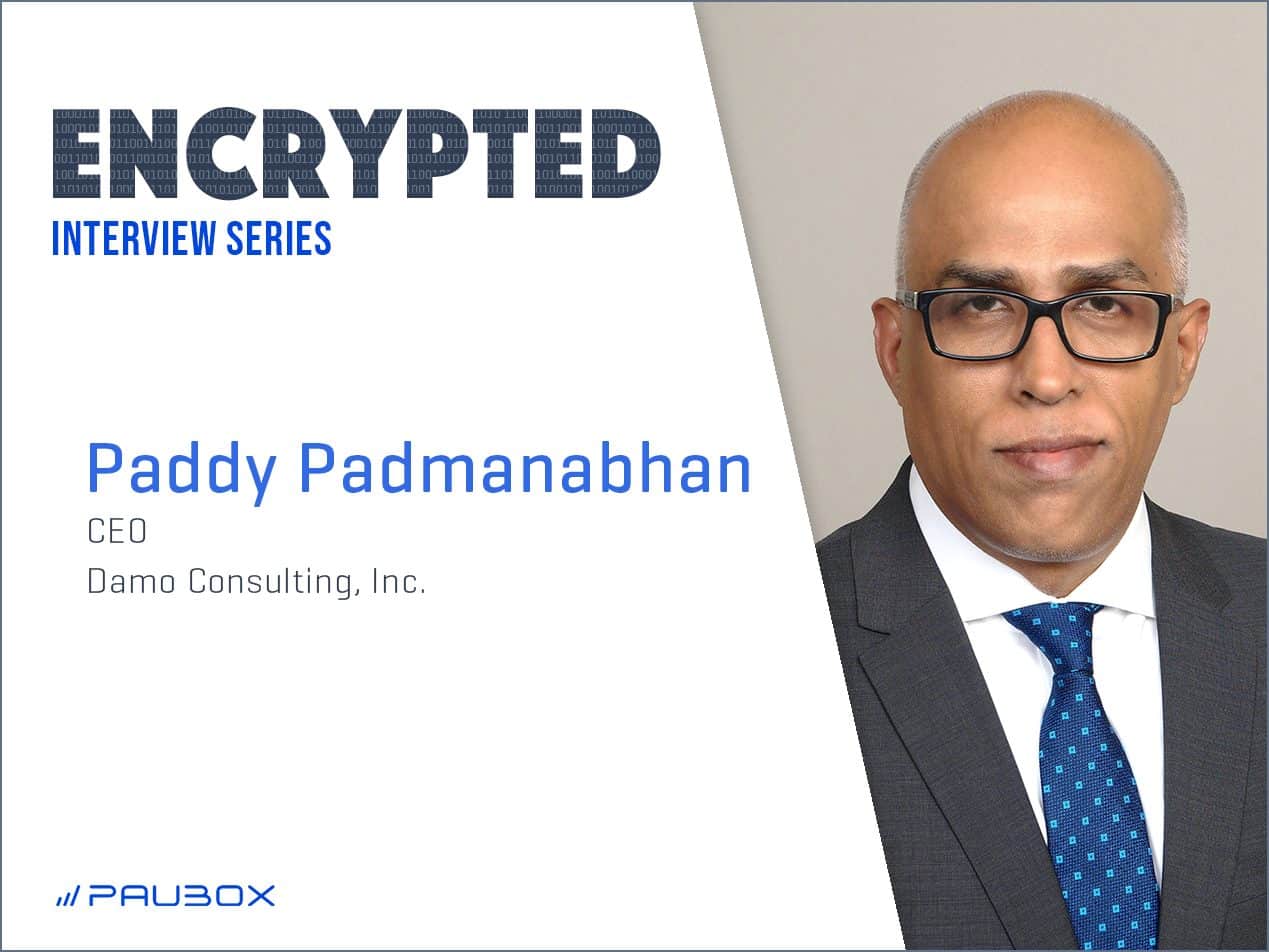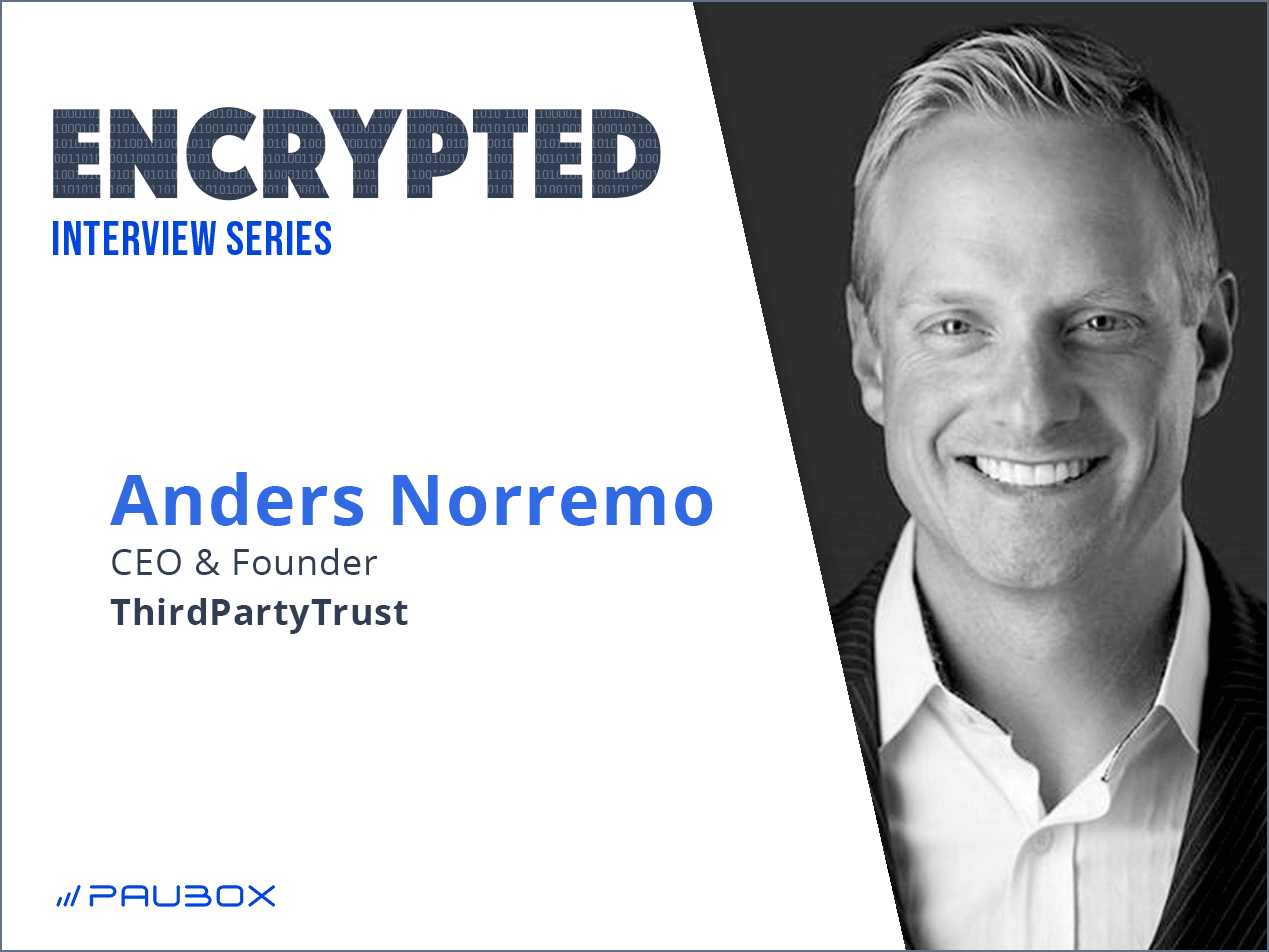![What kind of IT leader are you? [quiz]](https://www.paubox.com/hubfs/Imported_Blog_Media/office-space-2.jpg)
There are many great leaders in the business world who each have individual leadership styles. Quick research will show you 6 to 12 different leadership styles. Reading about each one in depth would take some time, so instead, this page will summarize the four most common leader types out there.
To quickly find out what kind of IT leader you are, try our quiz! I got Oprah, who will you get?
The four leader personas we are going to be focusing on are a servant leader, a charismatic leader, an autocratic leader and a laissez-faire leader.
Each leader possesses leadership skills that are beneficial towards different organizations. Read on to determine which one fits your organization below.
The Servant Leader
A servant leader closely resembles a democratic leader. This is because they value the input of all of their team members before making a decision. Herb Kelleher, the co-founder and former CEO of Southwest Airlines, put it best when he said, “The business of business is people." The term was first coined by management expert Robert K. Greenleaf in a 1970 essay "The Servant as Leader". He wrote, "The servant-leader is servant first… It begins with the natural feeling that one wants to serve, to serve first. Then conscious choice brings one to aspire to lead. That person is sharply different from one who is leader first, perhaps because of the need to assuage an unusual power drive or to acquire material possessions." Servant leaders often lead by example with their high integrity and generosity. With their strong emotional intelligence, they aim to serve others rather than accumulate power or assert control. This leadership approach is a great example for customer service.
PROS:
- Often seen on "Best Places to Work" lists
- Creates a positive culture and leads to high morale
- Possesses high awareness, conceptualization and foresight
CONS:
- Left behind in competitive leadership situations compared to other leadership styles
- Inefficient if under a tight deadline or pressed for a quick decision
- Can be seen as a pushover or people pleaser
READ MORE: Startup Leadership Training with Yuka Nagashima
The Charismatic Leader
A charismatic leader leads with the strength of their character. Many of history's most effective leaders were considered charismatic. This is because their charm alone can influence not only behavioral changes, but also values and beliefs. Charismatic leaders possess superior communication skills. They can speak elegantly while connecting with their team in an emotional level. Essentially, a charismatic leader conveys an enthralling vision to their team and transforms them into this vision by rousing strong emotions through their words.
PROS:
- Inspires passion and motivates team to move forward
- Can seamlessly expand an organization's position in the marketplace
- Raises team morale through enigmatic influence
CONS:
- Team success seen as directly related to leader's presence
- Team or project may suffer if leader leaves
- Leader may believe in self more than the team
The Autocratic Leader
Think of Bill Lumbergh from the movie Office Space. This kind of leader is the type to come up to you and make sure you received the memo about the new procedure because they are a stickler for policies, procedures and guidelines. They can be similar to authoritarian leaders in that they follow the rules and expect you to do the same. An autocratic leader will make decisions without consulting others. They have all the power and expect their employees to strictly follow their will without challenging their orders. Autocratic leaders also expect their team to complete tasks the way they tell them. They have a strict business plan with little room for error.
PROS:
- Strong in times of crisis and risky deviations
- Works well with employees needing close supervision
- Never lose sight of their goal
CONS:
- Little to no flexibility in work environment
- Underdeveloped employees don't learn, highly skilled employees grow frustrated at micromanaging
- Team has little time to debrief before next leader encounter
READ MORE: Interoperability and Thought Leadership in Healthcare IT
The Laissez-Faire Leader
Laissez-faire is a French term that means letting things take their course without interfering. In economics, this would mean a lack of government authority and regulations when it comes to the free market. Laissez-faire leaders monitor performance from a distance and give feedback when necessary. Otherwise, they trust their highly-skilled and trained team to take care of their business. This type of leadership is commonly found with household brands such as Donna Karan or entrepreneurs with many companies. Laissez-faire leadership gives authority to the employees where teams are allowed to choose how they want to work.
PROS:
- Inspires others with leadership and vision
- Quick results from a highly cohesive team
- Efficient when team is working in multiple locations or remotely
CONS:
- Hinders growth of employees needing close supervision
- Can lead to poor production, lack of control and increasing costs due to lack of manager supervision
- Commonly found to be the least satisfying and least effective management style
And there you have it – a brief summary of four common leadership personas. Which one most resonated with you? Will you be making changes to your organization based on what you read? I hope this helps your vision for your business. Thanks for reading!
Subscribe to Paubox Weekly
Every Friday we'll bring you the most important news from Paubox. Our aim is to make you smarter, faster.



![What kind of IT leader are you? [quiz]](https://www.paubox.com/hs-fs/hubfs/Imported_Blog_Media/Mandela-Nelson-Leveled-Informational-texts-1-2.png?width=500&height=333&name=Mandela-Nelson-Leveled-Informational-texts-1-2.png)
![What kind of IT leader are you? [quiz]](https://www.paubox.com/hs-fs/hubfs/Imported_Blog_Media/oprahwinfrey_2005-2.jpg?width=400&height=500&name=oprahwinfrey_2005-2.jpg)
![What kind of IT leader are you? [quiz]](https://www.paubox.com/hs-fs/hubfs/Imported_Blog_Media/tpsreports-300x215-1-2.jpg?width=300&height=215&name=tpsreports-300x215-1-2.jpg)
![What kind of IT leader are you? [quiz]](https://www.paubox.com/hs-fs/hubfs/Imported_Blog_Media/0913_warren-buffett_650x455-2.jpg?width=500&height=350&name=0913_warren-buffett_650x455-2.jpg)


